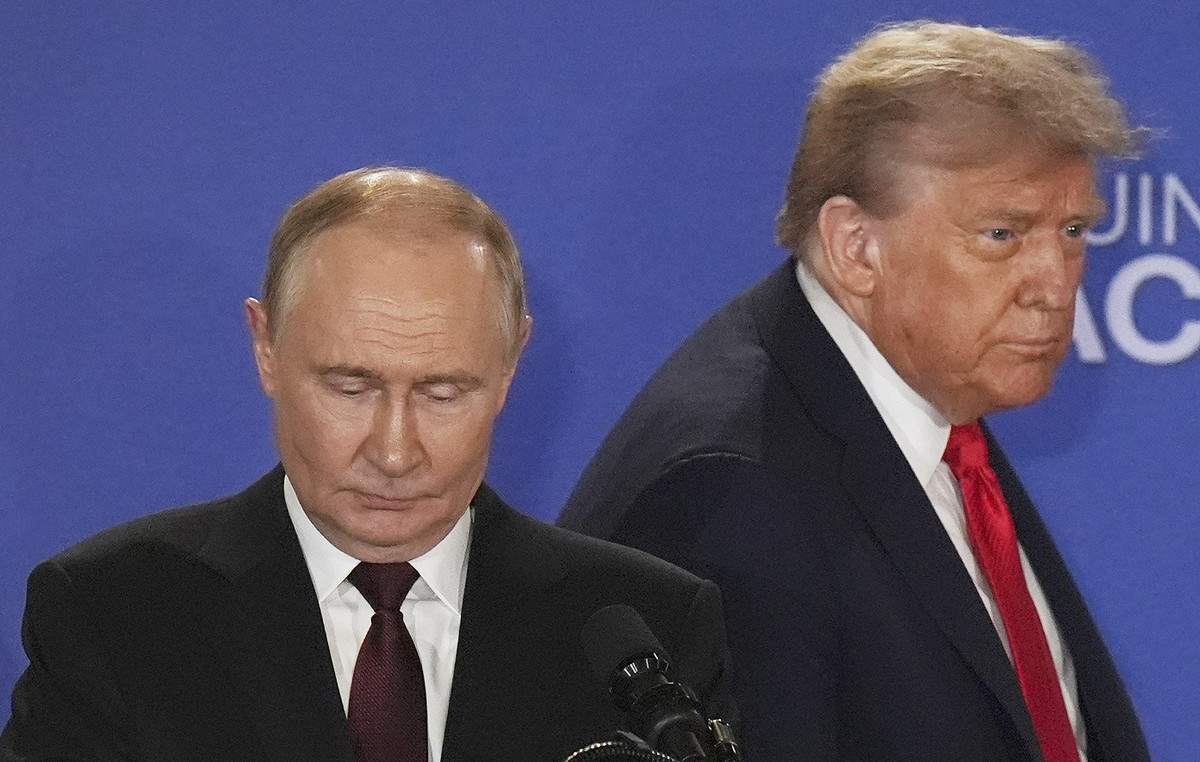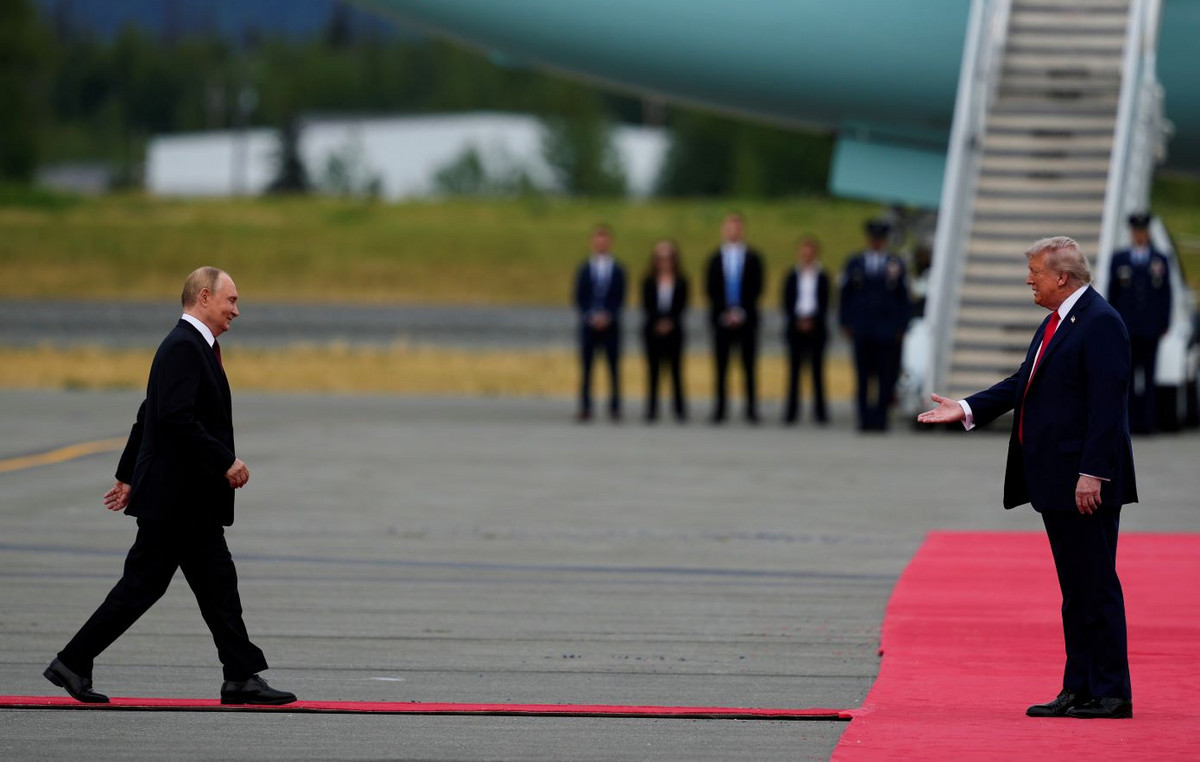U.S. intelligence learned earlier this year that the Russian government planned to assassinate the chief executive of a powerful German arms manufacturer that has been producing artillery shells and military vehicles for Ukraine, according to five U.S. and Western officials familiar with the matter.
The plot was part of a series of Russian plans to assassinate defense industry executives across Europe who supported Ukraine’s war effort, these sources said. The plan to kill Armin Papperger, a white-haired giant who led the German industrial assault in support of Kiev, was the most mature.
When the Americans learned of the effort, they informed Germany, whose security services managed to protect Papperger and foil the plot. A senior German government official confirmed that Berlin had been tipped off about the plot by the US.
For more than six months, Russia has been waging a sabotage campaign across Europe, largely by proxy. The Russians have recruited local amateurs for everything from arson attacks on weapons warehouses bound for Ukraine to petty acts of vandalism — all designed to disrupt the flow of Western weapons into Ukraine and undermine public support for Kiev.
But intelligence reports suggesting Russia was willing to assassinate specific citizens underscored to Western officials the lengths to which Moscow was willing to go in a parallel war it is waging across the West.
Mr. Papperger was an obvious target: His company, Rheinmetall, is Germany’s largest and most successful maker of the vital 155-millimeter artillery shells that have become the decisive weapon in Ukraine’s war of attrition. The company will open an armored vehicle factory inside Ukraine in the coming weeks, an effort that a source familiar with the intelligence said was deeply worrying to Russia. After a series of gains earlier this year, Moscow’s war effort has stalled once again amid Ukraine’s redoubled defenses and punishing personnel losses.
The series of previously unreported conspiracies helps explain increasingly strident warnings from NATO officials about the severity of the sabotage campaign — a campaign that some senior officials believe risks crossing the threshold of armed conflict in Eastern Europe.
“We are seeing sabotage, we are seeing assassination plots, we are seeing arson. We are seeing things that have a cost in human lives,” a senior NATO official told reporters on Tuesday (9). “I sincerely believe that we are seeing a campaign of covert sabotage activities by Russia that have strategic consequences.”
The National Security Council (NSC) declined to comment on the existence of the Russian plot and the U.S. warning to Germany. But NSC spokeswoman Adrienne Watson said in a statement: “Russia’s escalating campaign of subversion is something we take extremely seriously and have focused on intensely over the past several months.”
“The United States has discussed this issue with our NATO allies and we are actively working together to expose and disrupt these activities,” she said. “We have also made clear that Russia’s actions will not deter allies from continuing to support Ukraine.”
The German Embassy in Washington declined to comment.
A CNN also asked the Russian embassy in Washington for comment.
A Rheinmetall spokesman, Oliver Hoffman, declined to comment.
“Necessary measures are always taken in regular consultation with security authorities,” Hoffman said.
NATO members seek to strengthen information sharing
Russia’s sabotage campaign has been a major point of discussion among NATO officials gathered in Washington for the bloc’s 75th anniversary summit. NATO has been seeking to improve intelligence sharing across the alliance so that nations are able to connect the dots between what might otherwise appear to be disparate criminal activities unique to their own country.
But the campaign – and in particular Russia’s willingness to take lethal action against European citizens on foreign soil – has raised difficult questions about how the alliance should respond. In theory, under Article 5, an armed attack on one NATO member state is an attack on all.
Russia’s sabotage campaign has at times seemed like an amateur approach. Some of the crimes linked to the campaign have had no obvious links to the conflict in Ukraine; Polish Prime Minister Donald Tusk has publicly suggested that a fire at an IKEA in Lithuania could have been the work of Russia, for example. In Poland, the CNN a Ukrainian man was recruited via Telegram by a Russian handler he had never met in person and paid just $7 to spread anti-war graffiti. He was later asked to install surveillance cameras and set fire to the fence of a Ukrainian-owned transport company.
Some analysts have referred to the effort as a “hybrid” campaign, using nonmilitary tools such as propaganda, deception and sabotage. But U.S. and European officials are gradually hardening their stance against defining Russia’s sabotage efforts that way.
“I fundamentally reject the idea that what we’re seeing is a hybrid campaign by Russia. There are hybrid elements to it. When I think of ‘hybrid,’ I think of … defacing monuments,” the senior NATO official said. “Things that meet the traditional definition of ‘below the threshold of armed conflict.’”
Because Russia is recruiting operatives to commit arson and plan assassinations — lethal action — “I’m not so confident that all of them fit that threshold that ‘hybrid’ implies,” the official said.
It was unclear whether the Rheinmetall-related intelligence suggested Russia intended to kill Papperger directly or hire a local.

Other Russian efforts have been far more serious than spraying a little graffiti or vandalizing a diplomat’s car: U.S. military bases across Europe were placed on heightened alert last week for the first time in a decade after the U.S. received intelligence that Russian-backed actors were considering carrying out sabotage attacks against U.S. personnel and facilities, the report said. CNN several sources familiar with the matter.
In April, two German-Russian citizens were detained for allegedly planning bombing attacks on targets, including US military installations, on behalf of Russia.
In March, several men were charged in London with working with Russian intelligence services to set fire to a Ukraine-linked warehouse. Poland is investigating whether an arson attack that destroyed Warsaw’s largest shopping mall in May was linked to Russia and has arrested nine people in connection with acts of sabotage linked to Russia, the prime minister said in May.
And French authorities last month detained a Russian-Ukrainian man suspected of building bombs as part of a sabotage campaign orchestrated by Moscow.
“They are doing this now because they believe that, with a series of elections taking place across the West, this is an excellent opportunity to try to undermine public support for Ukraine,” the senior NATO official said.
The official also said Russia sees a window of opportunity before additional weapons and ammunition promised by the West reach the battlefield in Ukraine.
For Russia, this “is a prime moment to target the West in this kind of operation to try to undermine support and stop the flow of weapons there.”
Source: CNN Brasil
Bruce Belcher is a seasoned author with over 5 years of experience in world news. He writes for online news websites and provides in-depth analysis on the world stock market. Bruce is known for his insightful perspectives and commitment to keeping the public informed.







